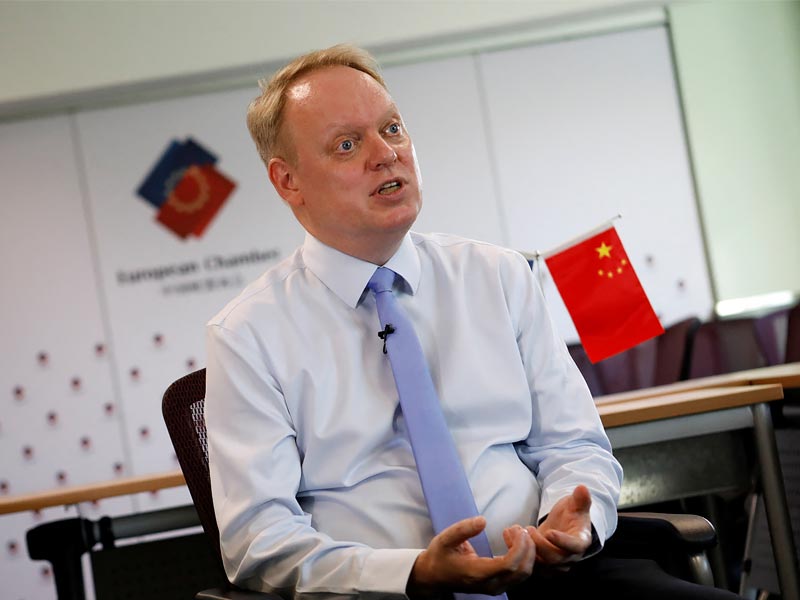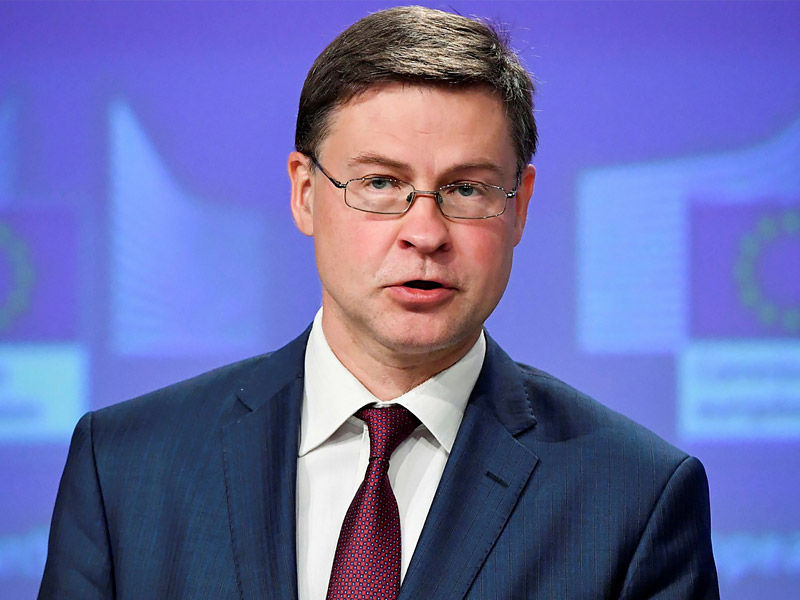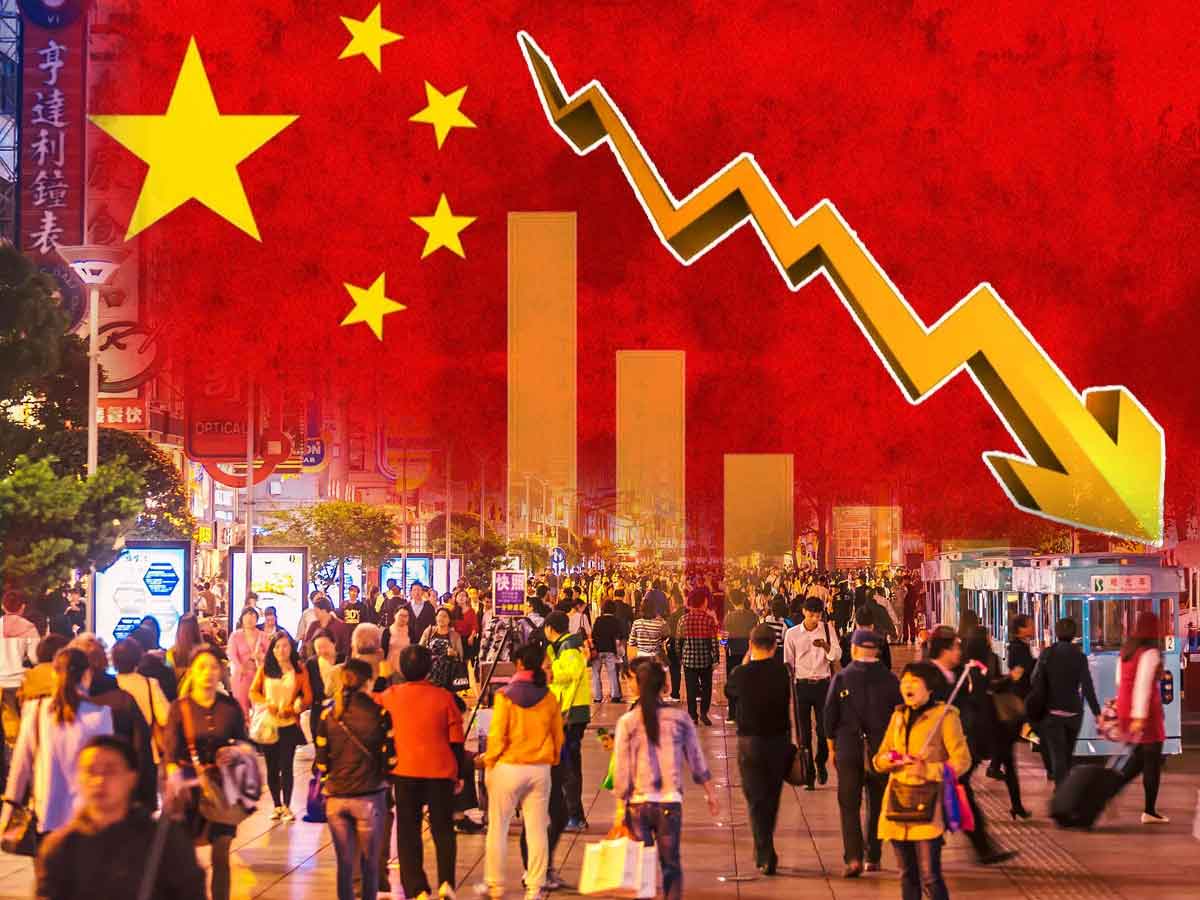According to the leader of an influential European business group in China, Beijing needs to deliver a clear message about how it aims to resuscitate its economy and provide clarification on a national security crackdown that is causing concern among foreign investors.
The world’s second-largest economy grew at a sluggish pace in the second quarter, forcing senior leaders to promise additional policy support and economists to lower their year-end growth projections.

“There is this uncertainty about where China is going, so I think it is a matter of necessity to go out to tackle these uncertainties,” Jens Eskelund, President of the European Chamber of Commerce in China, said to Reuters, referring to a policy response he called “mixed messages.”
In a Monday interview at the organization’s Beijing offices, he added, “We believe that the coming few months would actually be fairly critical in terms of regaining trust in the future trajectory of China.
This year, China has seen a protracted economic recession brought on by deteriorating domestic and international demand, a real estate crisis, and rising unemployment.
The slow development has also been accompanied by an increase in governmental intervention in the private sector in recent years, including crackdowns on the due diligence, education, health, and technology sectors.
At the same time, policymakers have promised to offer greater assistance to struggling private business owners and have appealed for more foreign investment, but confidence is still low.
The Chinese foreign ministry stated in a written statement that the country’s sizable market “contains enormous growth potential and opportunities.”
“China will continue to widen market access, thoroughly improve the business climate, and safeguard the legal rights and interests of entrepreneurs.”
“I think China is evolving,” said Eskelund, who also serves as Chief Representative for the Danish shipping behemoth Maersk in Greater China and Northeast Asia. Not everything will keep climbing at a rapid rate indefinitely. Therefore, it makes sense that an extremely fast growth rate will eventually slow.
Also, Read China: Fertility Rate Declines In 2022 To A Record-Low 1.09
A recession, according to the Danish CEO, is improbable, but Beijing should prioritize increasing spending and clarifying murky laws like a broad anti-espionage statute that has undermined confidence among foreign businesses.
The government should, in his words, “strive to establish the highest level of clarity on these matters that would give us firm barriers that we know to stay within.”
He claimed that while there hasn’t been a significant exodus of European companies from the group’s membership, supply chains have been reevaluated as a result of sluggish demand and an unpredictable geopolitical environment.
This occurred at a time when European officials emphasized the need to derisk their trade relations with China.

Next month, EU trade commissioner Valdis Dombrovskis is scheduled to travel to Beijing, where he’ll likely advocate for more market access for EU businesses and discuss the EU’s growing trade deficit with China.
“Our interests and those of Chinese private firms are extremely closely related. The gap between Chinese and Western businesses, in many aspects, is not between private and state-owned corporations, according to Eskelund.
What we want to see is a level playing field where state-owned firms and private businesses may compete and engage with one another.

























